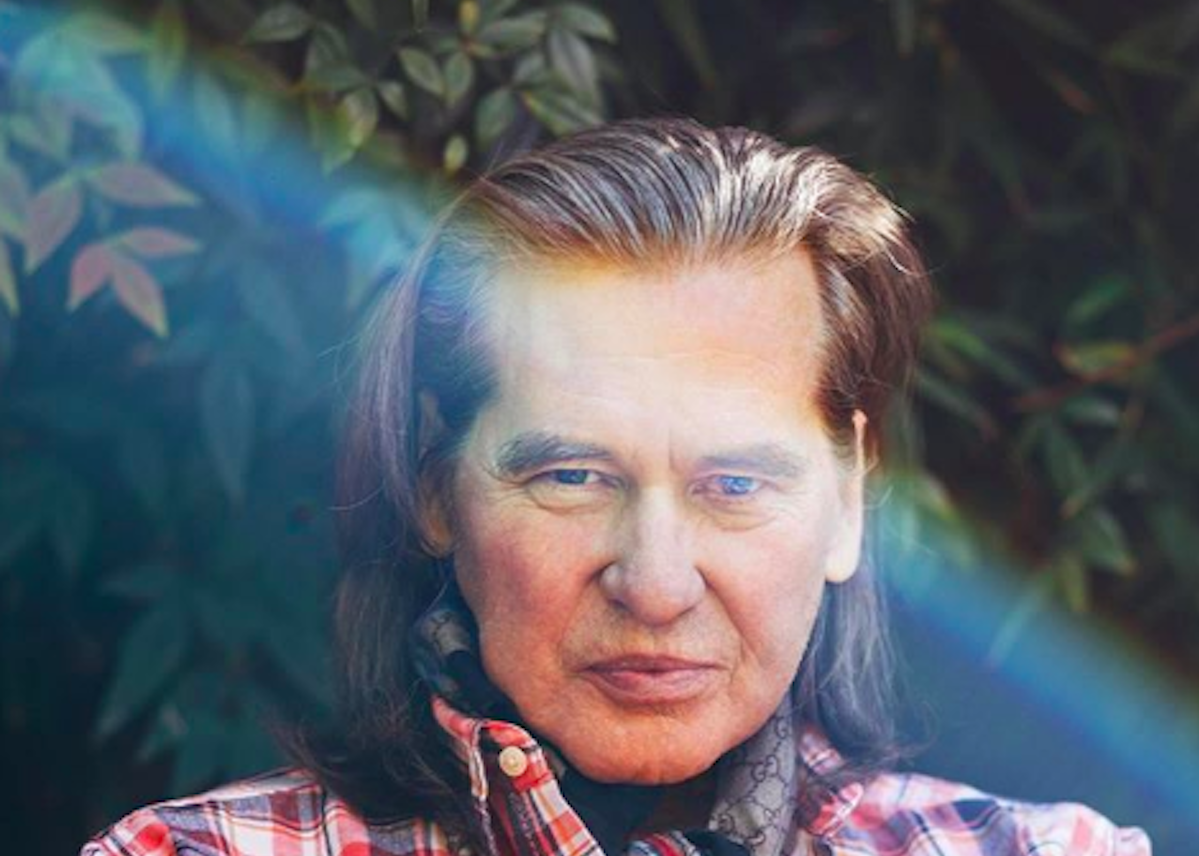How Faith Can Influence a Cancer Patients' Journey to Recovery
- “Top Gun” actor Val Kilmer is a devout Christian Scientist which believes prayer alone is the answer to treating any ailments and illnesses. However, Kilmer broke away from his faith in order to undergo standard-of-care to treat his throat cancer to the delight of his children.
- Kilmer battled throat cancer in 2014, and his tough recovery impacted his speaking voice, which also impacted his ability to perform as an actor. He turned to creating abstract art pieces to help him communicate and cope during his cancer journey.
- Kilmer’s treatment included chemotherapy and a tracheotomy procedure.
- Signs of throat cancer may include a sore throat, pain with swallowing, difficulty swallowing, and the sensation of a lump or mass in the throat.
- A study published in Cancer includes data that found “69% of cancer patients reported praying for their health” compared to “only 45% of the general U.S. population.”
New York City Presbyterian Pastor Tom Evans previously spoke with SurvivorNet about how faith can help people cope with the complex emotions that come with cancer.
Actor Val Kilmer, 63, is known for his iconic role in films like “Top Gun” in the ‘80s, but perhaps lesser known about the action star is his willingness to break away from his religious beliefs to receive effective treatment for throat cancer.


The love for his children was too strong to ignore, and he trusted his doctor’s advice for treatment, which included surgery, chemotherapy, and radiation – all of which we’ll explain in further detail later in this article. Although Kilmer’s treatment plan proved effective, it was not without consequences. Undergoing cancer treatment can be a grueling experience, and Kilmer’s voice was significantly impacted by treatment.
“That’s from radiation and chemotherapy. It’s not from cancer…That ‘treatment’ caused my suffering,” Kilmer said.
How Faith Can Influence Your Cancer Journey
Why Faith Offers Cancer Patients Hope
A study published in “Cancer” includes data that found “69% of cancer patients reported praying for their health” compared to “only 45% of the general U.S. population.”
Cancer psychologist Dr. Andrew Kneier helped co-author “Coping with Cancer: Ten Steps toward Emotional Well-Being.” He also co-authored a column published by Stanford Medicine with Rabbi Jeffery M. Silberman, director of spiritual care at Danbury Hospital in Connecticut.
The two add more context to the impact faith has on cancer patients.
“A person’s faith or spirituality provides a means for coping with illness and reaching a deeper kind of inner healing,” Kneier and Silberman said.
“Coping means different things to different people: it can involve finding answers to the questions that illness raises, it can mean seeking comfort for the fears and pain that illness brings, and it can mean learning how to find a sense of direction at a time of illness. Religious teachings can help a person cope in all these dimensions,” Kneier and Silberman continued.
WATCH: Three-time cancer survivor shares how her faith helped her during cancer.
New York City Presbyterian Pastor Tom Evans tells SurvivorNet about the importance of finding ways to cope with the complex web of feelings you may be experiencing after a challenging health diagnosis, such as cancer.
“It’s important to reach out in a simple prayer to God, even if you’ve never prayed before, you don’t know what to say, a heartfelt plea, ‘God, help me, be with me,’” Pastor Evans told SurvivorNet.
“You can reach out to God, and you can reach out to people, your friends and family, and say, ‘I can’t do this on my own. I need you.’ “It’s in that willingness to be open and to receive that we can find something deeper that we never would’ve encountered without this hardship,” Evans continued.
Val’s Cancer Journey
Val Kilmer was diagnosed with throat cancer in 2014. In an interview with The New York Times, Kilmer did not immediately see his doctor for symptoms associated with his throat cancer.
He told the outlet he felt a “big lump in his throat” in 2014. After waking up in a “pool of his own blood,” he was convinced to see his doctor, who confirmed his cancer diagnosis.
Throat cancer is cancer that develops in your throat or voice box.

“[Throat] cancer can cause symptoms in the throat including sore throat, pain with swallowing, difficulty swallowing, the sensation of a lump or mass in the throat, ear pain, and less commonly voice changes, hoarseness or difficulty opening the jaw,” Dr. Ryan Hughes, a radiation oncologist at Wake Forest School of Medicine, previously told SurvivorNet.
“In the majority of patients, [throat cancer] does not cause symptoms in the throat but instead first presents with an otherwise asymptomatic mass in the neck,” Dr. Hughes added.
According to the National Cancer Institute, head and neck cancers make up nearly “4 percent” of all cancers in the U.S. The human papillomavirus (HPV) is a risk factor for head and neck cancers as well as alcohol consumption. Common symptoms of throat cancer include experiencing pain while swallowing and ringing in the ears.
The human papillomavirus (HPV) is “a group of more than 200 related viruses, some of which are spread through vaginal, anal or oral sex,” the National Cancer Institute says.
HPV infection is linked to multiple cancers, and the majority of sexually active people will get the disease at some point in their lives.
WATCH: Understanding HPV.
“Because of the radiation and chemotherapy interventions, my voice and throat were severely damaged. It isn’t easy to talk and be understood,” Kilmer said.
The famous actor underwent chemotherapy to help treat the cancer. He also underwent a tracheotomy procedure, which had an impact on his ability to speak. This procedure connects the windpipe to a hole in the front of your neck.
Interestingly, the actor continued working on production projects using artificial intelligence technology despite the tracheotomy’s impact on his voice. The technology was created by Sonantic, which used samples of Kilmer speaking to recreate his speech patterns.
Since undergoing treatment for throat cancer, Kilmer has said he’s “healed of cancer” in his memoir, “I’m Your Huckleberry.”
He also added since battling cancer, “I’m so grateful.”
Val added that he has been “healed of cancer” in his autobiography.
Learn more about SurvivorNet's rigorous medical review process.

